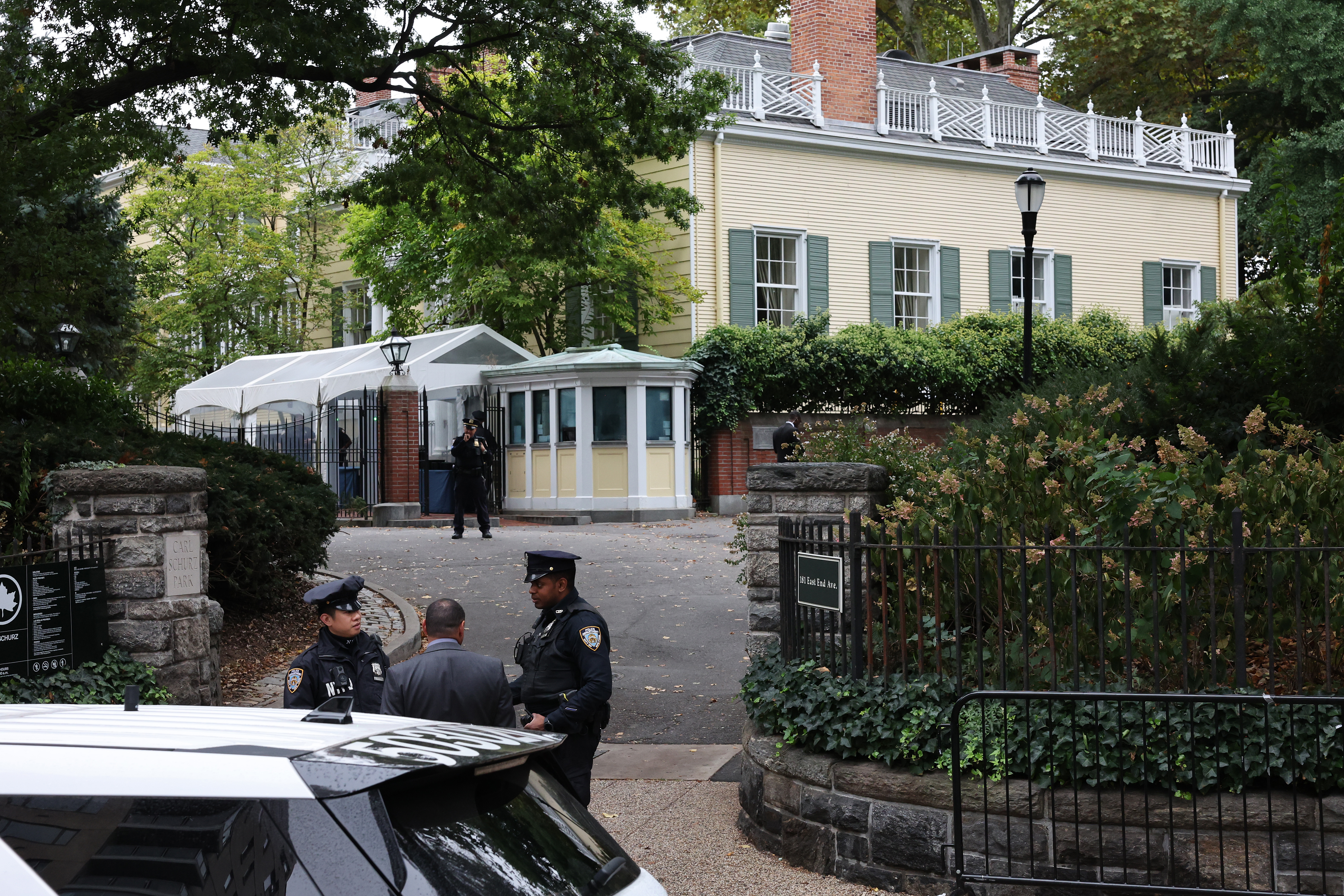Gov. Andrew Cuomo and the head of Con Edison are promising to fix the aging electrical network that powers the subway system amid thousands of monthly delays.
Power problems that have been causing thousands of delays for subway riders have led to a power struggle about who will pay and how quickly repairs can be done.
Cuomo and Con Ed Chairman John McAvoy, gave reporters an underground tour of the Columbus Circle subway station, so the public could get a first-hand look at the aging signals and switches that are plaguing the system.
Cuomo said Con Ed is working with the MTA, which runs the system, on the fixes and upgrades. The electricity that powers the trains is delivered via some technology that dates back to the 1930s.
According to Cuomo and the MTA, over the past year there have been 32,000 delays across the subway system caused by power-related problems. Sometimes Con Ed blames the MTA, other times the MTA says it’s Con Ed equipment that’s at fault.
Cuomo said Wednesday that he’s tired of the bickering and is ordering steep fines for power-related subway problems. He said the fines could be imposed as soon as the next power problem takes place.
“Getting hit by a train is never fun,” Cuomo told news crews as he directed them through the winding, dark tunnels below the city.
Local
“This is the largest single area of delays: 32,000 power-related delays,” Cuomo said beneath the Columbus Circle station, which serves 1, A, C, B and D trains.
McAvoy has vowed to upgrade 1,100 manholes that power the subway system, in many cases replacing aluminum cable with copper.
“It’s not that it is so much more reliable — it is more reliable. So we’ve been replacing it as necessary throughout this system,” McAvoy said of the copper cables.
Cuomo has ordered a renovation of power systems, and has dismissed Mayor de Blasio’s plan to pay for the subway repairs with a millionaires’ tax.
“He’s proposed a millionaires’ tax several times before and it’s failed,” Cuomo said.
De Blasio has said it’s Cuomo who has diverted money from the MTA budget in recent years.
“It is everyone’s fault and no one’s fault,” Cuomo said. “Because, frankly, I’m not that interested in blame and finger pointing. I’m interested in fixing the problem.”
The upgrade to the power systems is going to be happening at both the Con Edison level, where the company is going to be fixing 1,100 manholes and swapping out cables, and underground at the MTA level. Con Ed and the MTA will each pay for some of it.
"In the past, we have put Band-Aids over the entire system, because it's an immense system, 600 miles of tracks, thousands of electrical devices all throughout the system, many devices decades old," Cuomo said.
State regulators directed Con Ed, which provides the subway system with electricity, to take a number of steps to reduce the number of power outages. That will include testing and repairing power substations, cables, energy distribution rooms and signaling equipment.
Some of the fixes will happen in the next six months and others in the next year. Cuomo and the MTA said that should improve the problem of delays plaguing the system.
A full cost estimate has yet to be produced, but Cuomo said it would cost "tens of millions of dollars."
On Tuesday, the MTA revealed that it has a shortage of hundreds of workers needed to help implement the fixes.
"I think there are probably a few hundred [vacancies that need to be filled], and so we're in the process of filling them now," MTA Managing Director Ronnie Hakim told News 4.
Hakim said that if all the money was in place, they could hire 700 people by the end of this year — then commuters would notice service improvements early next year.
At the oversight hearing Tuesday, Hakim pledged to hire hundreds of workers if the city pays half the cost.
"We're asking for your help to ensure that it is jointly funded between the city and the state," Hakim said.
City Council Speaker Melissa Mark-Viverito cautioned that increasing taxes for the subways requires council approval. But she also took aim at Cuomo, who has demanded the city pay half of all MTA budget needs.
"To make it seem that the governor is being so magnanimous and that the city is rejecting its responsibility, I'm not going to accept that," Mark-Viverito said.
Hakim faced fire from City Council members amid a summer of derailments and delays. The members vented on behalf of riders who are tired of being late to work amid broken signals and overcrowded trains.
Meanwhile, city officials released the results of thousands of surveys filled out last week when city lawmakers and transit advocates took to the subway to get an up-close look at the state of the aging system and the problems of commuters.
The survey of 2,000 riders by the City Council found that 75 percent of riders said delays and overcrowding were the biggest issues they face. That same group of people reported being stuck on crowded platforms or crowded trains four times a week.



